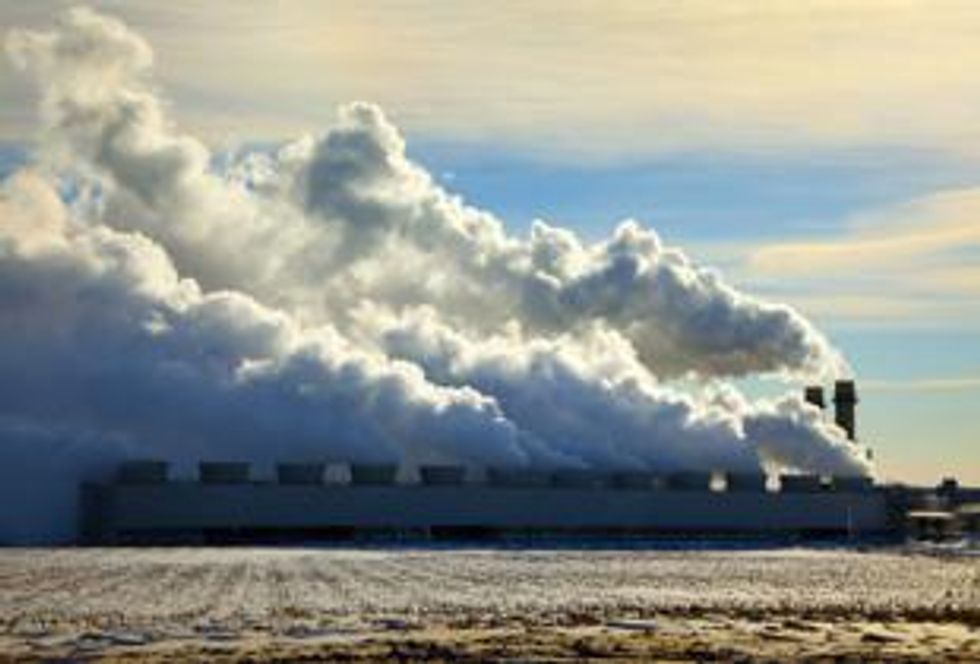Emmanuel Fages, Head of CO2, Gas, Coal and Power Research for Orbeo talks with Coal Investing News about the importance trending the use of coal towards the development of “clean” coal technologies.
“With all the concerns about climate change, pollution, etc., the logical conclusion is that “clean” coal carbon capture and storage technologies will be the technologies of the future because they allow coal to be reconciled with the environment,” said Emmanuel Fages, Head of CO2, Gas, Coal and Power Research for Orbeo, an international emission trading company.
Historically, the focus on “clean” coal technologies was more on the atmospheric aspect, removing sulfur dioxide and particulates that caused acid rain. Now, attention has shifted to also include carbon dioxide, a leading cause for anthropogenic climate change. The latest terminology for “clean” coal technology is generally dubbed Carbon Capture and Sequestration (CCS).
The most obvious countries who rely on thermal coal are the emerging giants – India and China – and Fages says that these nations have shown no desire to replace their dependency on fossil fuels as a power source with large-scale renewables or nuclear energy.
“Most of the increase in energy needs will be in emerging countries, especially in China and India. It’s cheap and the are a lot of advantages in terms of security of supply,” said Fages, comparing this desire to establish an independent power sector to France’s strong reliance on a nuclear energy, which currently supplies almost 80 percent of the country’s energy needs. “These countries have a lot of coal, they consume a lot of coal, their power sectors are largely dependent on coal, and it won’t change overnight.”
It’s not only the two emerging giants that have a high reliance on thermal coal. Germany, Vietnam and Indonesia all rely heavily on the fossil fuel to meet their energy needs, but not as heavily as the United States.
“The U.S. is one of the largest energy users on this planet. More than 40 percent of their power comes from coal and again it won’t change over night,” said Fages. “They have a large industry dependent on coal and for them as well it’s a good element for their security of supply while they are largely dependent on imports for their fossil fuels.”
In 2006, California enacted Senate Bill 1368, the so-called “Schwarzenegger-clause,” named after the then governor, which imposes carbon emission standards on new coal-fired power plants, effectively banning plants built without CCS technology.
Meanwhile, China is outpacing the U.S. in the number coal plants using CCS, and have emerged as the world’s leading builder of more efficient, less polluting coal power plants in the past couple of years by replacing old, more polluting plants with more modern technology. Though this technology is far from perfect in terms of its environmental impact, it is a step towards reducing the harm of an extremely prolific source of power.
“We have taken large delays in terms of the urgency to the environment so the key question for me is ‘will we accelerate’ and who is going to be the winner of this king coal race in terms of industry, and in terms of technology?” said Fages. “I think it’s incredibly important.”
